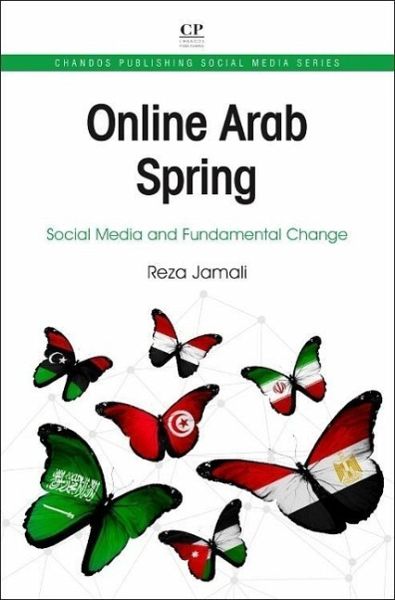
Online Arab Spring
Social Media and Fundamental Change

PAYBACK Punkte
26 °P sammeln!
What is the role of social media on fundamental change in Arab countries in the Middle East and North Africa? Online Arab Spring responds to this question, considering five countries: Egypt, Libya, Jordan, Yemen, and Tunisia, along with additional examples. The book asks why the penetration rate for social media differs in different countries: are psychological and social factors at play? Each chapter considers national identity, the legitimacy crisis, social capital, information and media literacy, and socialization. Religious attitudes are introduced as a key factor in social media, with Ara...
What is the role of social media on fundamental change in Arab countries in the Middle East and North Africa? Online Arab Spring responds to this question, considering five countries: Egypt, Libya, Jordan, Yemen, and Tunisia, along with additional examples. The book asks why the penetration rate for social media differs in different countries: are psychological and social factors at play? Each chapter considers national identity, the legitimacy crisis, social capital, information and media literacy, and socialization. Religious attitudes are introduced as a key factor in social media, with Arabic countries in the Middle East and North Africa being characterized by Islamic trends. The insight gained will be helpful for analysing online social media effects internationally, and predicting future movements in a social context.













